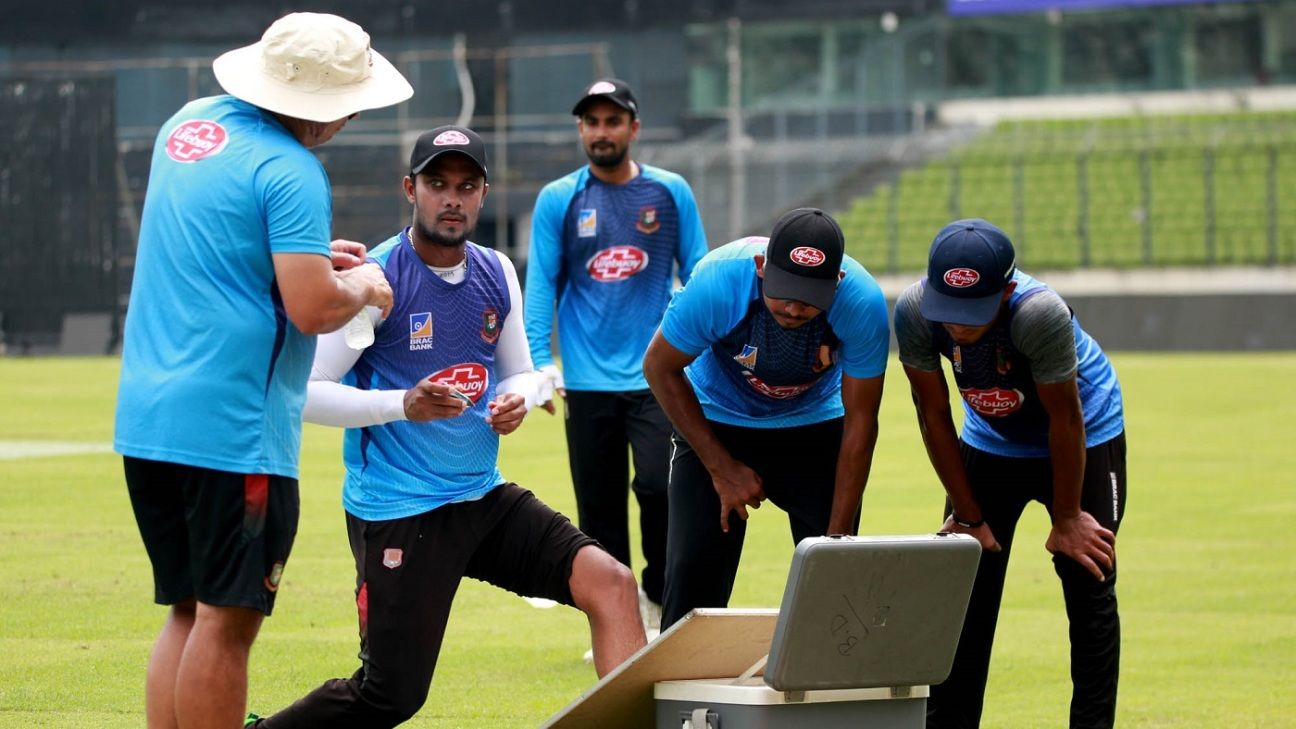Bangladesh’s cricketers have called a spontaneous – and unprecedented – press conference on Monday afternoon, with sources suggesting they could go on strike and even cast a shadow over next month’s tour of India. The development follows simmering discontent among the players over how cricket is run in the country.
The trigger seems to be the BCB’s decision last month to abandon the BPL’s franchise-based model. It meant that the average professional cricketer’s earning has gone to an all-time low. Players’ woes were furthered after the BCB didn’t raise the match fees in the first-class competition that began earlier this month. These, in addition to the salary cap applied to the Dhaka Premier League, although it used to be an open market for club-to-club transfer for players, for the last several years.
Professional cricketers have been voicing their concerns over the last month or so. None more than Shakib Al Hasan, the Test and T20I captain and Bangladesh’s greatest cricketer, who said in a recent interview that cricketers are “suppressed” and must be treated better.
Shakib’s stance was praised in most quarters, particularly among the cricketers, although the BCB didn’t react to his stinging retort.
In another interview to the Dhaka-based Daily Star published on Monday, Shakib said that he didn’t see any long-term planning in Bangladesh cricket. “Actually, we only focus on whatever series we have going on. But if it’s something like a World Cup, then maybe we plan six to eight months in advance. Otherwise, we only focus on the ongoing series. It’s a cultural thing,” he said. “People expect that we will win all matches. We plant a tree and crave the fruits the very next day. This is why it’s difficult to plan long-term.”
Shakib said that the players also needed someone strong in a technical position to take these long-term decisions, and used Andrew Strauss’ example – vis-a-vis English cricket – to make his point.
“The guardians of the country’s cricket have a big role to play here,” he said. “You have to be firm about how you will support the players. A long-term policy maker is needed in this regard. Then a lot of good things will happen. There is a lot to be changed and it’s a technical matter.
“There are points about requirements. It will be good when someone takes these factors into account while planning. For instance, England has [chair of the ECB’s cricket committee] Andrew Strauss, who plans everything. The planning of the last four years is all his. We need someone like that who can plan only regarding cricket, someone with foresight.”
